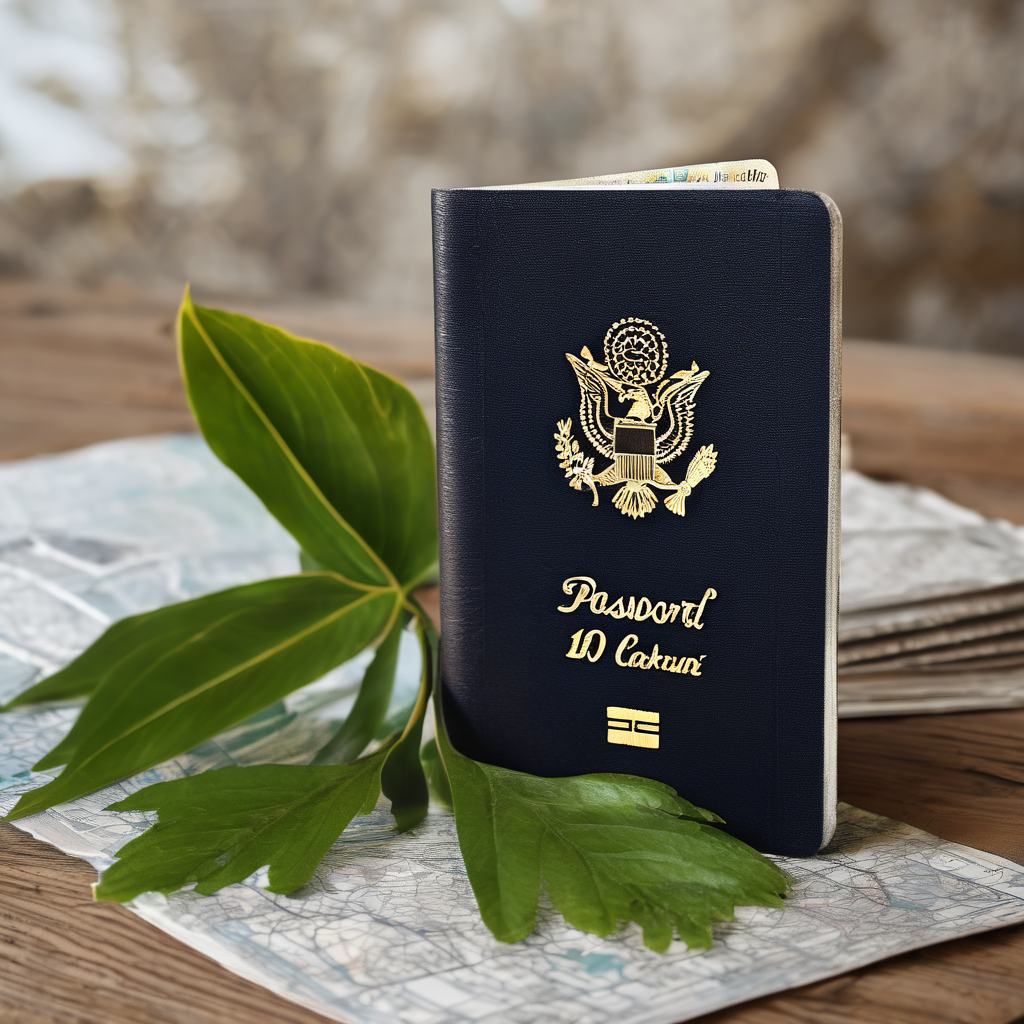One of Cuba’s prominent dissidents, Jose Daniel Ferrer Garcia, has reportedly gone into exile, leaving the Communist-run island for the United States at the request of the Trump administration. The Cuban Foreign Ministry confirmed that Ferrer, 54, and his family have departed the country, emphasizing that the move followed a formal request from the U.S. and Ferrer’s agreement.
In the context of rising tensions between Cuba and the U.S., U.S. Secretary of State Marco Rubio previously demanded proof of Ferrer’s well-being in July, alleging that the Cuban government was torturing the pro-democracy activist. Rubio stated unequivocally on social media, “The United States demands immediate proof of life and the freedom of all political prisoners,” highlighting the ongoing plight of dissidents in Cuba.
Ferrer is the founder of the National Patriotic Union (Unpacu), an opposition group established in 2011 that has garnered support from Cuban exiles in Miami. His activism has led to numerous arrests during which he has consistently claimed he was wrongfully jailed. His last arrest occurred in April when he was taken into custody for violating parole just three months after being released as part of a Vatican-mediated deal.
Cuba has historically accused the U.S. of fostering dissent as part of efforts to destabilize the government. The recent developments not only underline the challenges faced by dissidents in Cuba but also reflect the complicated dynamics of U.S.-Cuba relations under the Trump administration, which has adopted a hardline stance toward the island nation. This policy includes renewed sanctions and stringent immigration regulations aimed at punishing the Cuban government for its treatment of political prisoners and human rights violations.
The situation surrounding Ferrer’s exile brings renewed hope for many activists who see his departure as a strong message against the repressive tactics of the Cuban regime. The collective aspiration among dissidents is that international pressure can lead to meaningful change in Cuba, allowing their voices to resonate with greater clarity and significance. As discussions about human rights and democracy in Cuba continue, there remains a flicker of hope that these efforts can shine a light on the struggles faced by those advocating for freedom on the island.
